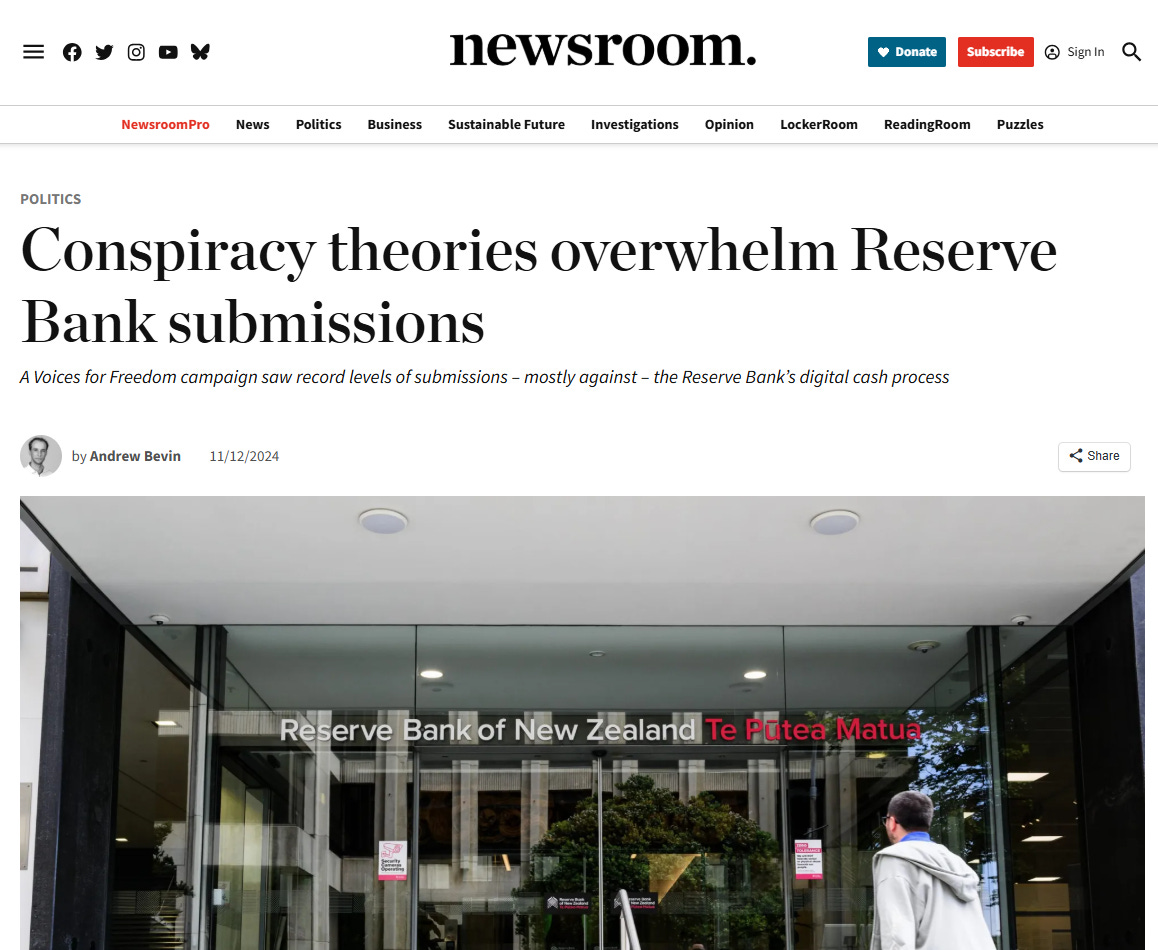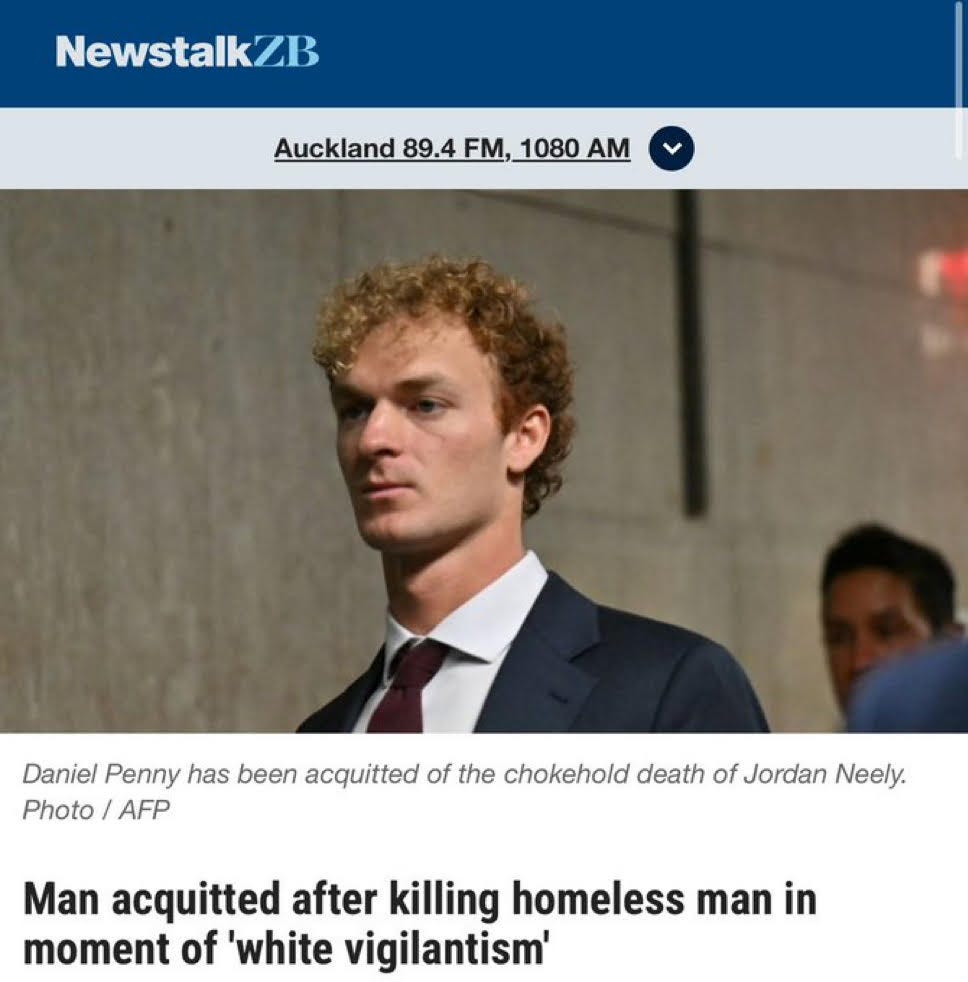Table of Contents
Simon O’Connor
Husband, step-father, and longtime student of philosophy and history. Also happen to be a former politician, including chairing New Zealand's Foreign Affairs, Defense, and Trade Committee.
Just when you think Kim Hill and the people at Radio NZ cannot embarrass themselves – and New Zealand – anymore, they go ahead and outdo themselves.
During a recent visit, former British Prime Minister, Boris Johnson, was invited for an interview with Hill. Meandering through a variety of topics, she eventually stated that those who voted for Brexit were racists and xenophobes. Johnson was clearly taken aback, noting repeatedly that over 17.4 million people (or just shy of 52 per cent) voted to exit the European Union and that it was not motivated by racism. Hill continued though, digging the hole deeper and deeper while ensuring the faux drama she is renowned for. It was an utter embarrassment. You can view this part of the interview here (or watch the whole thing):
The key takeaway is how ideologically captured reporters like Hill are and the media they represent. They are not acting as journalists but instead mouthpieces of cultural Marxism and Critical Race Theory. It is divisive, reality-detached, yet determined nonsense. So intent on ensuring her narrative, Hill repeatedly hectored her guest, did not offer a skerrick of evidence, but instead hoping to bludgeon her perception into reality.
The ideological motivation is clear for it has all the hallmarks of fundamentalism and zealotry. With over 17.4 million people voting to ‘Brexit’, there will have been a wide range of motivations. Undoubtedly, some will have had poor reasons – but the same is true of those voting to stay. However, to take what is likely a handful of poor reasons and insist that this is the primary reason for their vote is as absurd as it is objectionable. It is the precise definition of fundamentalism – the taking of one aspect and amplifying it to be the only factor.
As we know with mainstream media, it is not just RNZ behaving poorly and prejudicially. Newsroom also continues to outdo itself, this time attacking New Zealanders who dared to share their views with the Reserve Bank. The bank is considering introducing a centrally managed digital currency to New Zealand. They asked for people’s views and yet the reporter at Newsroom seemed very upset that people did so.

The derisive nature of this legacy media outlet is immediately clear as Kiwis writing in are labelled ‘conspiracy theorists’ and ‘on the fringe’. To back up the assertion, they turn to the opinion of a spokesperson of the compromised and now defunct Disinformation Project. For Newsroom and their supporters, you are only allowed to have an opinion in New Zealand if it conforms with theirs. To speak otherwise is to invite ridicule and slander.
What was also striking is that the article spends little to no time actually explaining what the Reserve Bank is planning. Instead of elucidating what is proposed and perhaps easing some concerns, almost all the words written target Kiwis for exercising their democratic right to share their thoughts.
Not to be outdone, NewstalkZB headlined the acquittal of American, Daniel Penny, as a race issue, pandering immediately to critical race theory and progressive nonsense. This was an appalling editorial decision as well as grossly inaccurate, as you can see from the headline below:

I won’t go into length here, but I encourage readers to search Mr Penny’s name and read the facts of the case including that the sadly deceased was on a subway train repeatedly threatening to kill those aboard. That NewstalkZB and many in mainstream media are promoting this as a race issue is disingenuous and dangerous.
Sadly, this ideological capture is not limited to mainstream media. Our National Library is keen to compete, insisting recently that Professor Paul Moon of AUT University, had to remove parts of a proposed lecture he was asked to give in February next year.
Professor Moon lectures in history and was to present on British policy leading up to the signing of the Treaty of Waitangi. For reasons no one, including Professor Moon, can understand, the library wanted quotes from another historian removed. The library felt such quotes could perhaps be understood as supporting British policy. They also had problems with the word ‘whakapapa’.

As with media, it seems that the library also only wants to hear and see material they agree with. The irony of wanting to discuss a treaty – by definition something that has multiple parties – and yet only wanting to hear one side or perspective, is absurd at all and every level.
Mainstream media and our institutions appear determined to undermine themselves into irrelevance. When they collapse, they have only themselves to blame.
This article was originally published by On Point.







